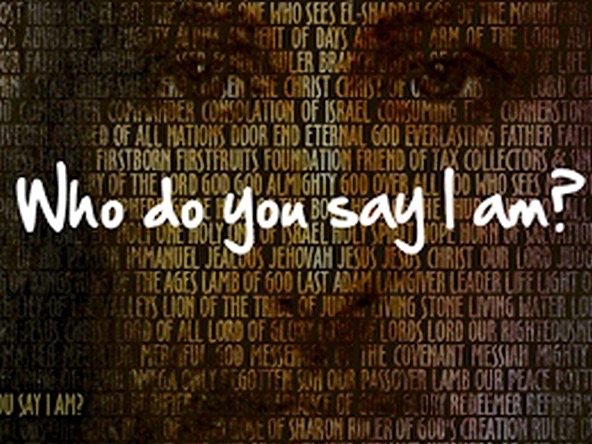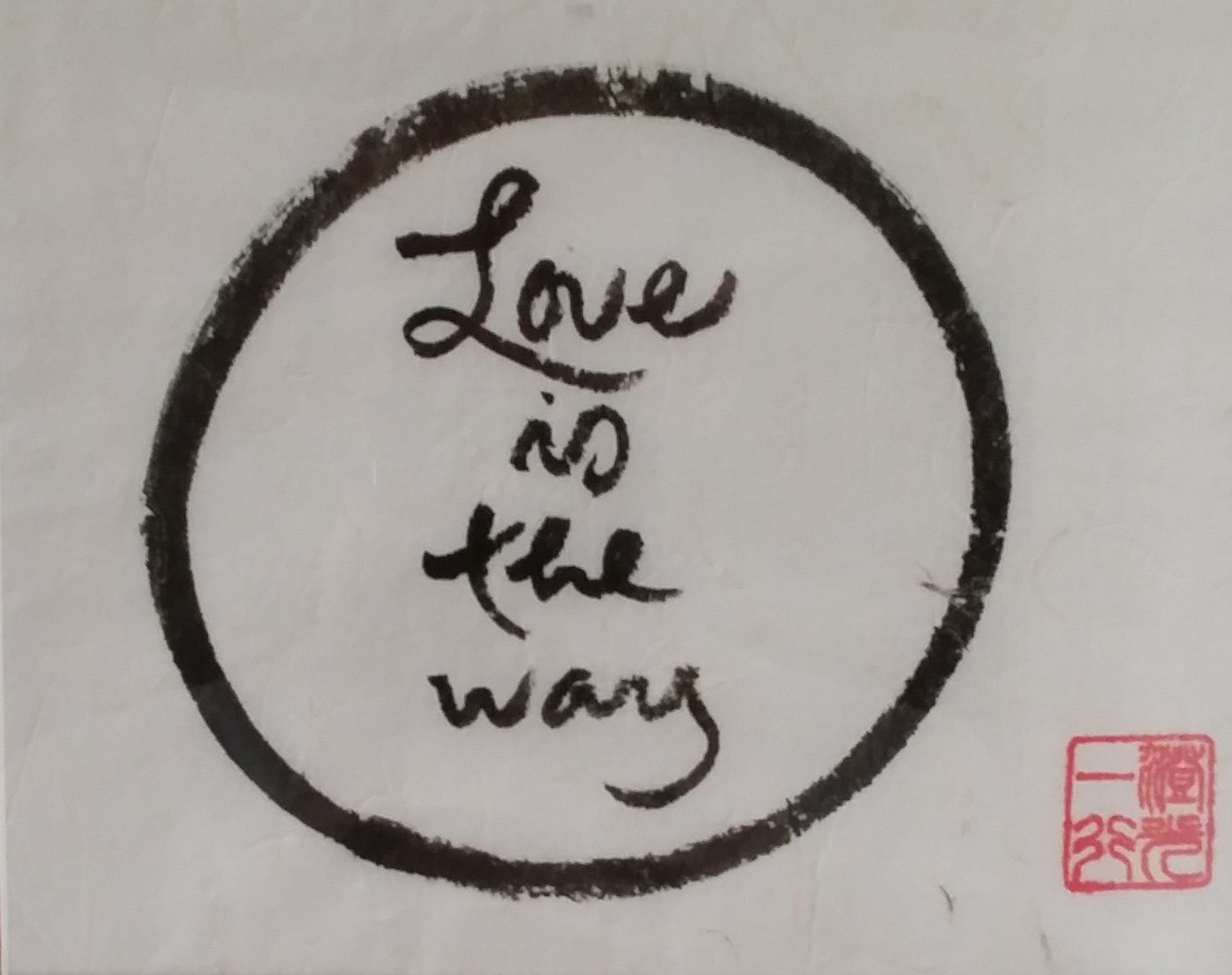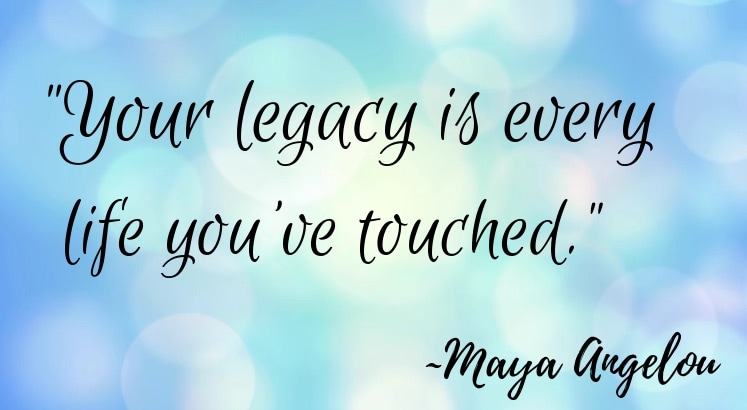Lenten Reflection Day 20 (Mar 13): ASK (from John 4:5-42).
SONG: Ask by The Smiths: https://youtu.be/zoo9Vu1a9bU POEM: Esther Berlin: I Hope to God Yoy Will Not Ask (excerpt): I hope to God you will not ask Me or my People to send Postcard greetings… Yes, we may share the same sun setting But the in-between hours are hollow The People fill the void with prayers […]



